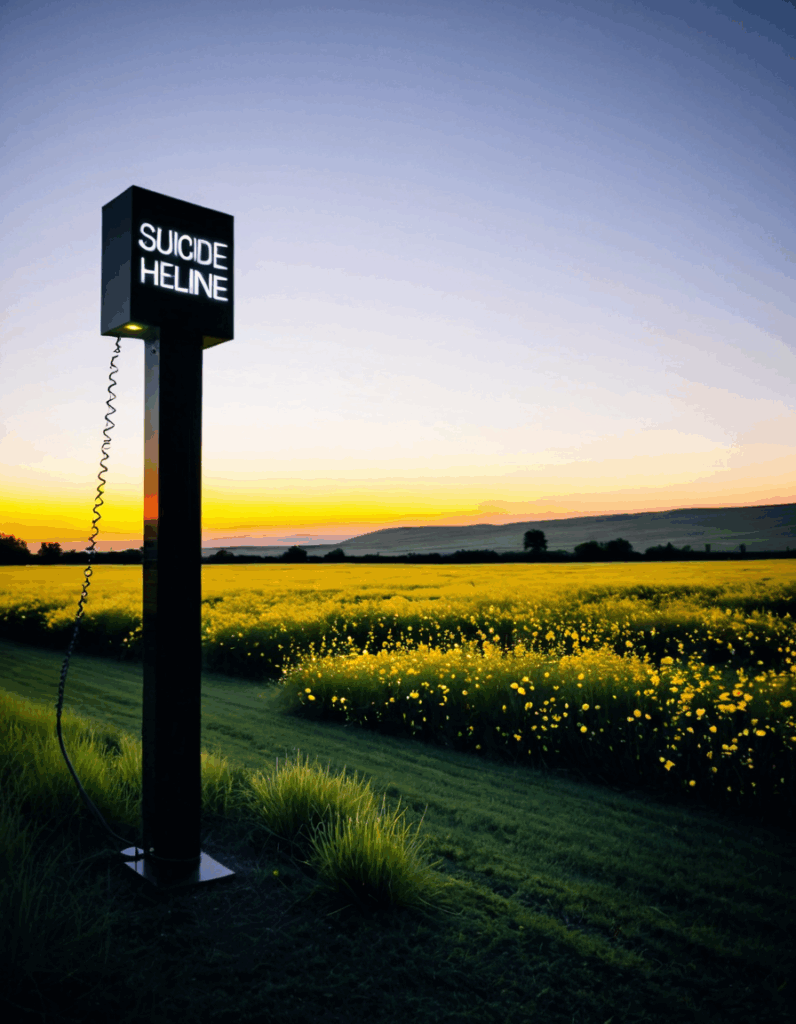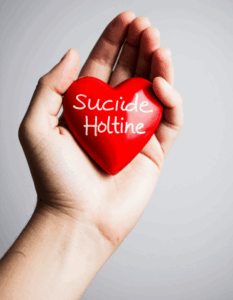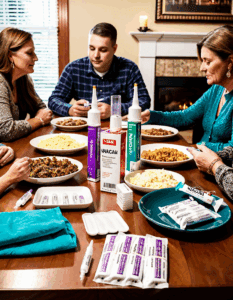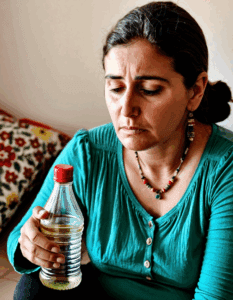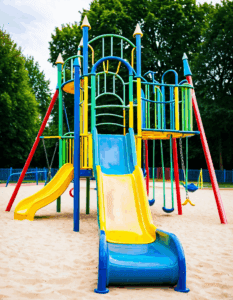In today’s hectic world, mental health crises can strike without warning, leaving people feeling trapped in isolation and despair. A suicide helpline can be a crucial lifeline, offering support to those battling suicidal thoughts or emotional turmoil. With rising rates of mental health struggles, it’s vital for individuals to have access to resources that can provide help during dark times. This article will explore various suicide helplines and support services designed to help people regain their footing, including specialized options for challenges like gambling addiction and domestic violence.
In 2026, the conversation around mental health continues to evolve, and it becomes increasingly clear that we need to raise awareness about available resources. For parents of children grappling with addiction or those who have lost a child to this disease, understanding these support systems is essential. Helplines represent more than just numbers; they symbolize the hope and connection that many desperately need.
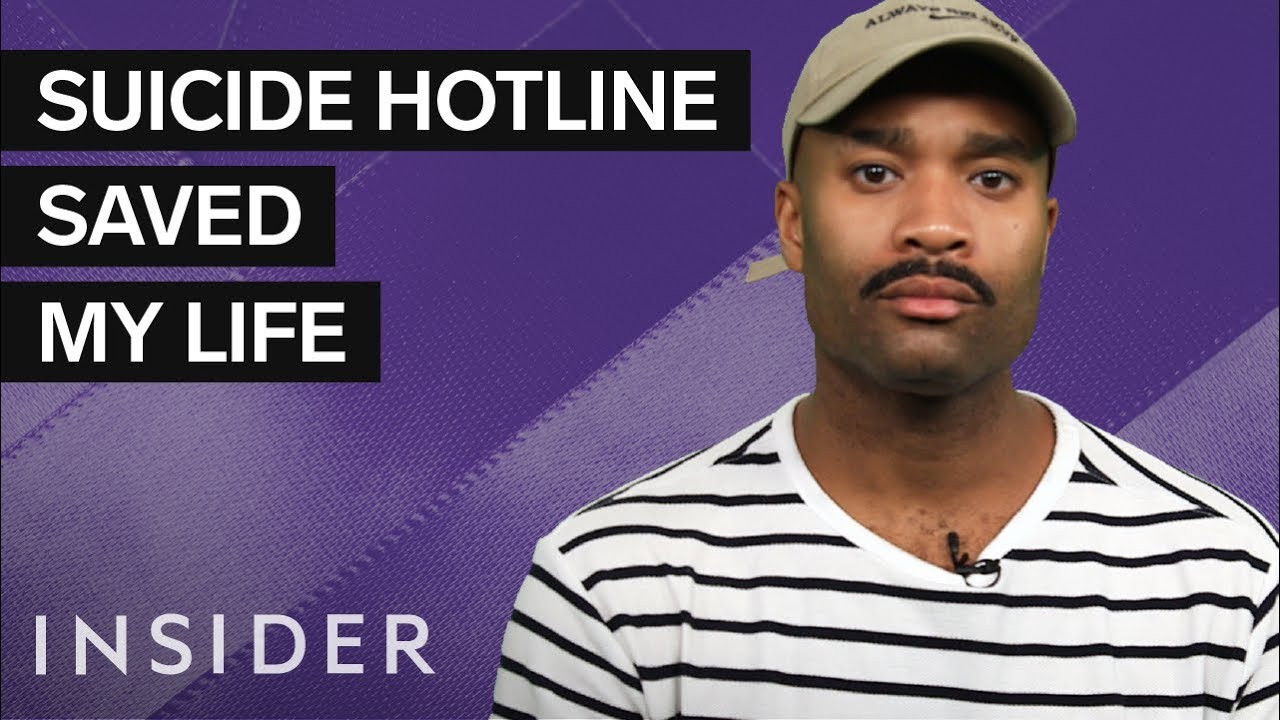
7 Critical Helplines for Crisis Support

1. National Suicide Hotline (1-800-273-TALK)
The National Suicide Prevention Lifeline operates 24/7, providing free and confidential support for individuals in distress. Callers are connected with trained counselors who truly grasp the nuances of suicidal thoughts and can offer immediate understanding and comfort. By 2026, this hotline has significantly increased its reach, securing additional funding to better serve marginalized communities.
Understanding the importance of stigma reduction, the National Suicide Hotline actively promotes outreach efforts, ensuring people know they aren’t alone. They also emphasize that seeking help is a courageous step that can lead to healing.
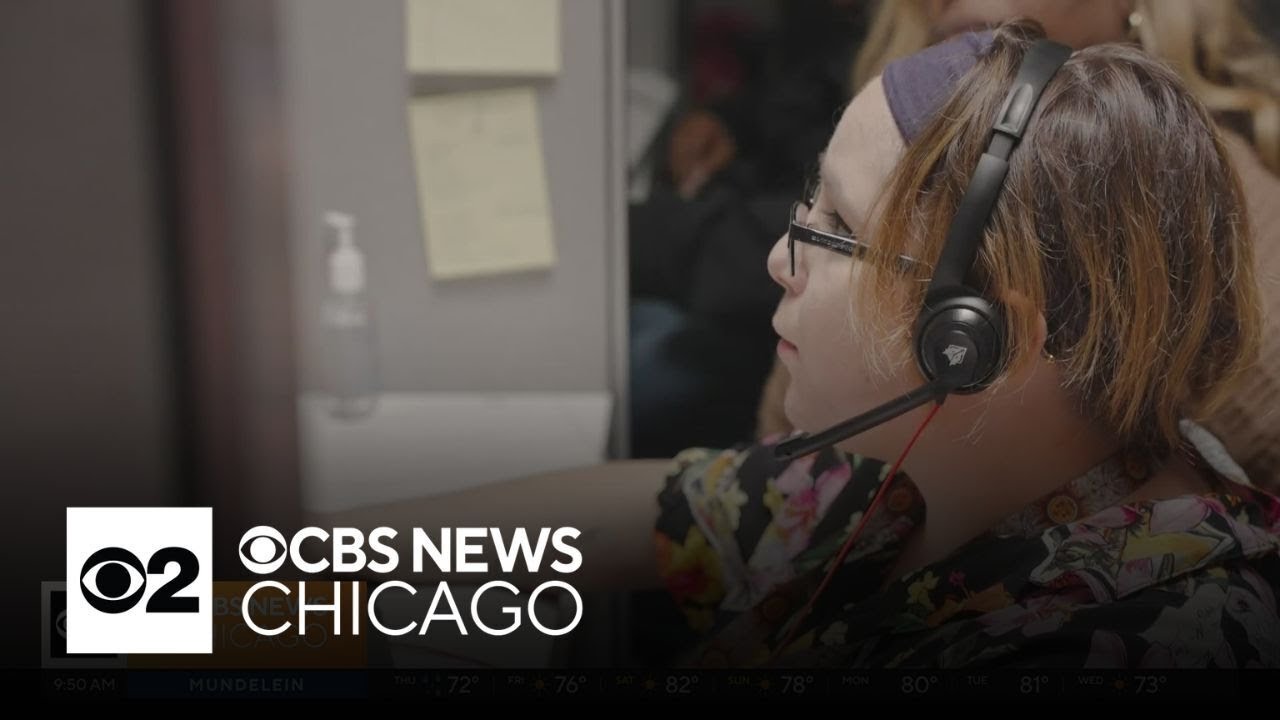
2. Crisis Text Line (Text “HELLO” to 741741)
For those who prefer texting over talking, the Crisis Text Line is a game changer. It provides instant help through a simple text message. Users can connect with trained crisis counselors who guide them through immediate distress, with research indicating that this method resonates particularly well with younger demographics.
Accessibility is a key advantage. Anyone can reach out anytime, giving individuals an approachable option when they feel overwhelmed.
3. Gambling Addiction Hotline (1-800-522-4700)
If you or someone you love is battling gambling addiction, the National Council on Problem Gambling provides a dedicated hotline. This service helps those facing financial crises from gambling-related behavior and offers valuable resources for affected families. By acknowledging the ripple effects of addiction, this hotline shows that support extends beyond the individual and into their loved ones.
Don’t hesitate to reach out for help—everyone deserves the opportunity to reclaim control over their lives.
4. National Domestic Violence Hotline (1-800-799-SAFE)
Survivors of domestic violence can find refuge in the National Domestic Violence Hotline. This lifeline specializes in providing confidential support, connecting victims with resource centers—whether they need shelter, legal assistance, or emotional support. Safety and well-being lie at the core of this hotline’s mission, emphasizing the importance of empowering individuals to escape harmful situations.
Remember, asking for help is not a sign of weakness; it’s an act of strength to protect oneself.
5. Baby Hotline (1-855-452-5437)
Raising a child can be tough, and the Baby Hotline was launched to provide immediate support to new and expecting parents feeling overwhelmed. Trained counselors offer resources and guidance, ensuring families receive the necessary help during those crucial early months of parenting. Bringing a child into the world is a beautiful experience but can make anyone feel stretched thin.
Every parent deserves support, especially in those pivotal early stages of parenthood.
6. Free Montana Legal Advocacy Program Phone Number (1-800-666-6899)
Unique in its offer, the Free Montana Legal Advocacy Program connects individuals with legal advocates for those dealing with mental health, addiction, or domestic situations. This helpline highlights the marriage between mental health and legal assistance, ensuring everyone has a voice.
Providing free legal advice and representation greatly levels the playing field, empowering individuals to navigate these challenging issues.
7. Suicide Prevention Hotline Beyond Traditional Means
Emerging initiatives within communities nationwide have created local helplines that promote mental health support. For instance, the Los Angeles County Department of Mental Health’s 24/7 hotline addresses suicide prevention while connecting individuals with local resources such as therapy and housing assistance. These community-driven efforts break the mold of traditional helplines, making support more relevant and personalized.
As we elevate the conversation around mental health, it’s essential to support efforts that reach individuals right where they are.

Elevating Awareness: Critical Perspectives on Helplines
The rise of diverse helplines suggests a growing awareness about mental health challenges, yet hurdles remain. Many individuals avoid seeking help due to stigma or a lack of knowledge regarding resources available. As we look toward 2026, we must enhance strategies that ensure every lifeline reaches those in need effectively. Partnering with local organizations can improve outreach and build trust within various communities.
Technology’s role in mental health services continues to expand, offering online chat options and mobile applications, which create a platform for comfort and anonymity. Exciting data indicates that individuals who use digital platforms experience significantly reduced feelings of isolation—proving that innovative solutions can change lives for the better.
In schools and workplaces, education remains vital in normalizing discussions about mental health. Training for teachers and employers to spot the warning signs of distress paves the way for prompt intervention, ensuring those in crisis receive care before they feel far gone.
As we work to amplify these valuable resources, it’s crucial for individuals facing emotional pain to remember—you aren’t alone. Every suicide helpline is more than just a number; it embodies the hope of healing and the importance of connection. Instead of suffering in silence, reach out, reclaim your voice, and invite hope back into your life.
If you want to learn more about how to navigate these challenges or if you need additional resources, visit our website today for help and information on addiction support, including tools like the pill identifier and information on Narcan Uses.
Your journey toward healing begins with a single step, and the support you deserve is waiting.
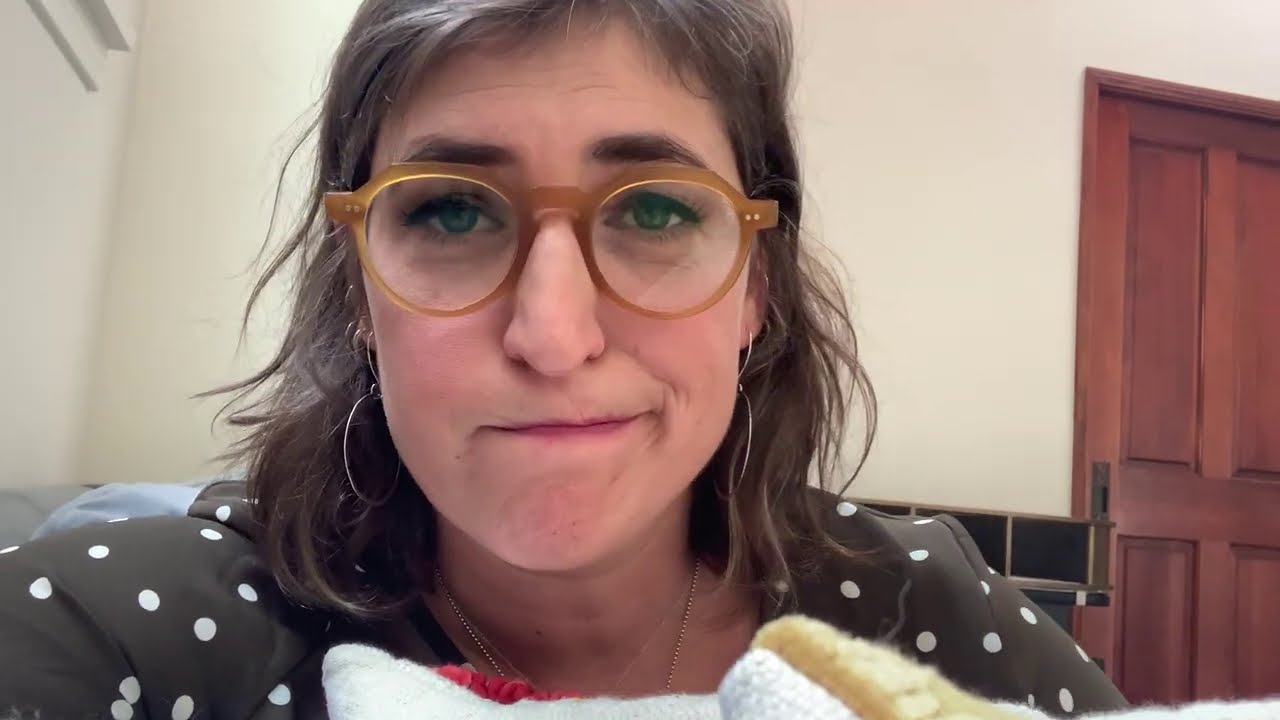
Suicide Helpline: A Lifeline For Those In Crisis
Understanding the Impact of the Suicide Helpline
Did you know a suicide helpline can often be the first line of defense for someone feeling overwhelmed? Most messages come from a place of real pain, and connecting with a helpline can be a beacon of hope. To put things in perspective, the National Suicide Prevention Lifeline received over 3 million calls in 2022 alone! Just like how dining at a cozy spot like the egg harbor cafe brings comfort and familiarity, a suicide helpline offers that same solace to individuals in distress. This service serves to remind callers they’re not alone in their struggles.
The Surprising Benefits of Calling
When someone dials a suicide Hotline number, they essentially tap into a network of trained professionals who can listen without judgment. Think of it as a way to unload your burdens. Interestingly, studies have shown that just talking about one’s feelings can lead to a significant drop in immediate distress. And did you know that conversations with compassionate listeners sometimes feel even more impactful than popular methods like medication? The natural highs we experience after a cathartic chat have much to do with neurotransmitters like dopamine. For those curious about the science behind it, learn more about What ‘s dopamine and how it plays a role in our mental well-being.
The Lifesaving Role of Helplines
A surprising fact about suicide helplines is that many people who call, do so multiple times before reaching out for professional help. It’s like the journey of a celebrity who often visits the same cafe or restaurant that brings them comfort, such as how Katya Kuropas often finds solace in familiar settings. Each call is a step closer to healing, underscoring the importance of making these resources available. Just like the legacy of cultural icons like Depeche Mode subtly shapes our emotional landscapes, the consistent availability of helplines can mirror that influence, anchoring individuals in their times of need.
Maintaining a user-friendly suicide helpline isn’t just a task; it’s a vital community function. Every call made is a reminder that support is only a number away, paving the way for hope and recovery. Always remember, if you ever find yourself in a tough spot, reaching out for help through a suicide hotline is not just okay—it’s a brave step towards healing.


